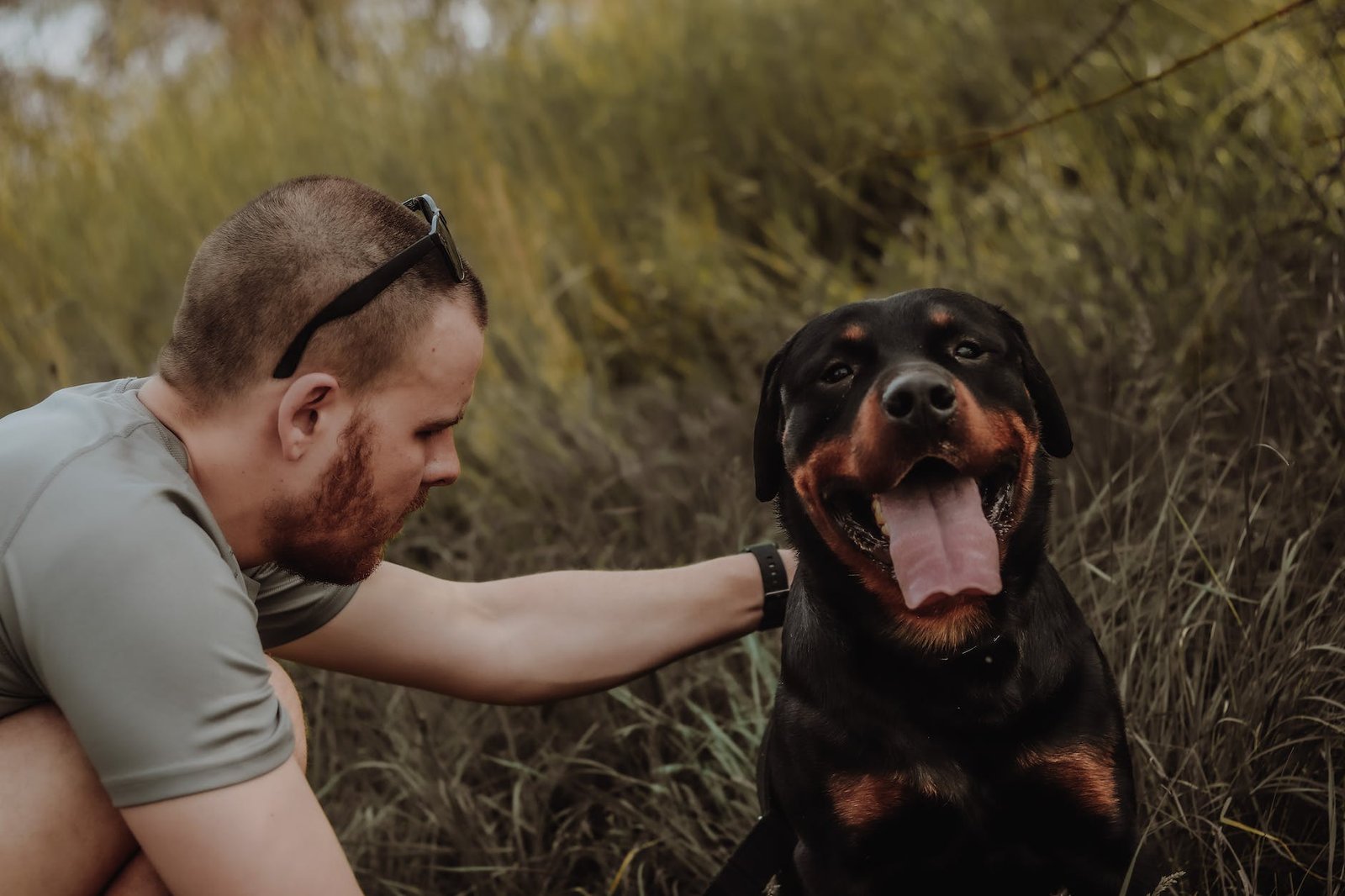coughing dog does’n mean it is a disease in its own right, but a symptom of a health problem affecting the respiratory system or other organs. Cough can also be a reflex to protect the body against various substances, such as foreign bodies or irritants. Sometimes the dog’s cough can be confused with attempts to vomit or regurgitate, reverse sneezes, choking or loud gasps. A distinction is made between dry cough without sputum (nonproductive cough) and wet cough with sputum (productive cough). Both types can occur acutely or chronically.
Coughing Dog: Symptoms and Causes
A cough that is dry, loud, brisk, or that produces a barking sound is called a dry cough. It can be very painful for the puppy. If the dry cough persists, it can also get worse and trigger a vicious circle. The strong inflow of air causes irritation and damage to the mucous membranes, which in turn increases the cough stimulus. Air is then sucked in again, and so on. Often, a puppy’s cough can be triggered by gentle pressure on the collar, pressure on the larynx or trachea, agitation, or a strong inhale of cold, dry air.
Some causes of acute dry cough include:
- the initial stages of infections and inflammations of the respiratory tract (such as kennel cough)
- Inhaling foreign bodies such as food or liquids
- Inhaling irritating substances such as allergens or smoke
- Parasites
- Causes of Chronic Dry Cough in companys:
- Canine tracheal collapse, common in small dogs
- Constant pressure on the airways caused by tumors, enlargement of an atrium of the heart, or enlarged lymph nodes
Wet cough is characterized by an ejection of secretion. A rattling noise is then often heard when the dog coughs. This cough is rather muffled and is often accompanied by a choking sound at the end. When coughing, the puppy often expels or chokes on secretions in the form of phlegm. Wet cough frequently occurs after phases of rest, especially after a nap.
The causes of wet cough in dog ‘s
- Advanced stages of airway infections and inflammation (pneumonia)
- pulmonary edema
- Hemoptysis or a cough with blood immediately suggests more serious problems such as damage to the airways, inhalation of foreign bodies, severe pneumonia or even a tumor and should be clarified as soon as possible.

Diagnosis: the right information to send to the veterinarian
Depending on the type and severity of the dog’s cough, different tests are performed by the veterinarian to determine and treat the cause. The size and breed of the puppy can also play a role in later diagnosis, as small breed company’s often suffer from a collapsed trachea. First of all, for the first evaluation by the veterinarian, a detailed report from the animal’s owner is essential (anamnesis). Important points are for example:
- When did the cough appear?
- What is the frequency and intensity of the puppy’s cough?
- Is it a dry cough or a wet cough?
- When does the cough occur most often (at night, during the day, during the day, during restlessness, while eating)?
- Does the dog have any other complaints and what is his general condition?
- Does he already have other conditions like heart disease?
The veterinarian then performs a thorough clinical examination. The reason for his cough can often already have been found at this point. For example, enlarged cervical lymph nodes, increased body temperature or even fever, redness of the throat and swelling of the tonsils can be detected, which may indicate an infection. In some cases, other diagnostic procedures such as x-rays of the lungs or chest are needed, with special attention given to changes in the lungs, heart or trachea. Additionally, blood tests, endoscopy, or even an MRI or CT scan may also be required.
Treatment: how to relieve a cough?
To treat cough in dogs, you must first know the cause. In the case of a mild cough due to a cold, simple rest is often enough to recover and strengthen the immune system. Often, the administration of an expectorant can also be useful in case of wet cough after agreement with the veterinarian. Before giving your puppy “home remedies”, the veterinarian should always be consulted, as some remedies not suitable for dogs.
If the cough is more severe, lasts for several days, is persistent, or if other symptoms are present, a visit to the veterinarian is recommended to clarify the situation. Depending on the severity and cause, medications like anti-inflammatories, antibiotics, cough suppressants, bronchodilators, or chest drainage may be needed.

Preventing Coughs in Dogs
It is well known that prevention is better than cure. By strengthening the immune system through a healthy lifestyle with plenty of exercise and a balanced diet, it is relatively easy to prevent many colds. Because of the risk of infection, you should avoid letting your dog come into contact with sick dogs, for example when going for a walk or when you keep him with other dogs. As a responsible dog owner, you should not take your sick dog to dog schools or places with other dogs to avoid infecting other dogs.
In addition, vaccination can slow down the development of an infection. You should also prevent your dog from being exposed to certain substances such as smoke or harsh cleaning products that he could inhale. To prevent dogs from swallowing and inhaling anything, you can give them food in an anti-glutton bowl. For some dogs, it is recommended to use a harness rather than a collar to free up the neck area.